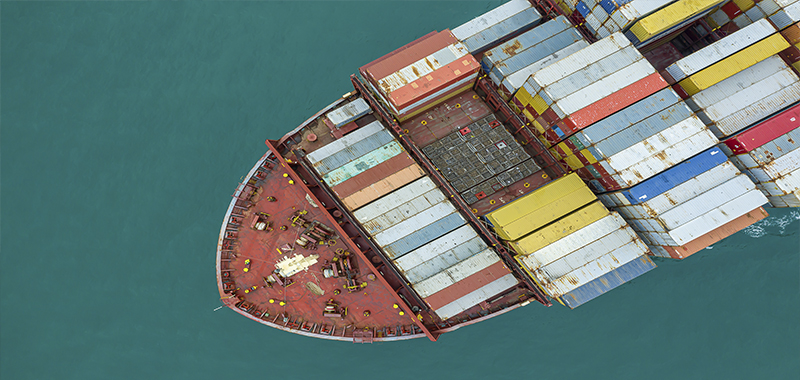
Do you know how VAT is levied on imports and exports?
In the general tax rule export invoices are exempt from paying VAT, there are many other issues to take into account, which makes it essential for companies to have professionals with solid knowledge of international taxation.
In an increasingly globalized market in which it is common to operate with companies and professionals located anywhere on the planet, it is essential to know precisely how one of the most relevant tax figures in transactions such as Value Added Tax works, and specifically with respect to exports of goods and services.
The first thing we must establish is which operations are considered exports. In this sense, according to the regulations governing VAT at the European Union level, it is not a modality of the taxable event of the tax, but exports are those deliveries of goods which, due to the principle of taxation at destination, involve their departure from the EU territory or, as we will see later, to certain territories which, although politically part of the Union, do not have VAT.
As indicated at the beginning, invoices for exports are exempt from paying VAT. This exemption applies to both goods and services. It is a so-called full exemption, as opposed to the so-called limited exemptions.
This means that the companies or professionals who deliver the goods or provide the service not only do not have to pay the tax but can also deduct the VAT borne on the purchases related to the exempt sale.
It should be noted that in order to benefit from this full exemption and, therefore, from the input tax deduction, it is essential that such acquisition complies with all the requirements set forth in the law.
In addition, in the case of the sale of goods, it is necessary that:
- These leave the EU territory within a maximum period of 30 days.
- The operation can be accredited before the corresponding Tax Agency.
Another important aspect in the VAT regulation of export operations is that services ancillary to them are also exempt from the tax.
In this regard, the VAT Law states that service operations, including transportation and ancillary operations, other than those enjoying the exemption but which are directly related to such exports, should also not be subject to the tax.
In order for these ancillary transactions to be considered directly related to the export and, therefore, exempt from VAT, they must:
- Be rendered to some of the parties involved in the transaction or their representatives.
- And be made from the moment the goods are shipped.
Finally, another aspect to be taken into account is that the special VAT regime for export transactions also applies to sales made to companies located in the Canary Islands, Ceuta and Melilla.
As we can see, although the general principle states that VAT-free invoices must be issued for exports of goods and services, there are many issues that must be taken into account in order to apply the exemption correctly.
In addition to the requirements of the law and the documentation to be used, a proper knowledge of the VAT regulations will allow us to benefit from other exemptions, as in the case of ancillary and transport services in sales outside the European Union.

Letslaw es una firma de abogados internacionales especializada en el derecho de los negocios.







